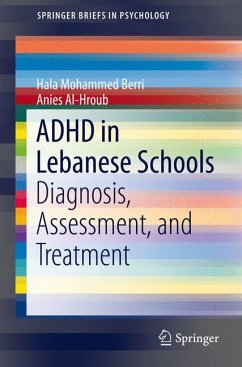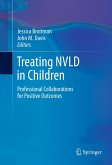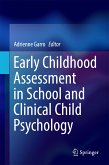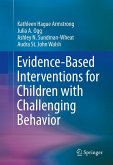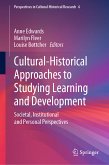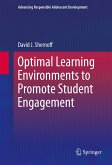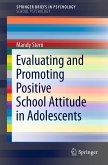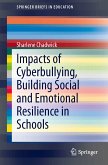This Brief addresses the causes, assessment, and treatment of ADHD in Lebanese schoolchildren. It details how the disorder is currently defined in Lebanese elementary schools and examines schoolteachers' understanding of and conceptions about ADHD across three domains: general knowledge; symptoms and diagnosis; and treatment. This concise volume presents the authors' research into Lebanese schoolteachers' knowledge of ADHD and their ability and readiness to address the psychological and academic needs of their students who have been diagnosed with the disorder. In addition, the Brief explores the teachers' ability to identify ADHD subtypes in relation to a student's gender within the Lebanese context, emphasizing the differing sociocultural expectations in the behaviors of boys and girls.
- Current procedures for identifying ADHD in Lebanon.
- Lebanese teachers' knowledge about ADHD, their misconceptions, and factors that influence their opinions.
- Biases toward and confusion about disorders on the basis of perceived gender differences.
- ADHD assessment and implementation strategies for Lebanese special education professionals.
- Research questions, design, and methods as well as data collection and analysis procedures used in the study.
ADHD in Lebanese Schools is an essential resource for researchers, professionals and policymakers, and graduate students in such interrelated fields as school psychology, educational psychology, and social work.
Dieser Download kann aus rechtlichen Gründen nur mit Rechnungsadresse in A, B, BG, CY, CZ, D, DK, EW, E, FIN, F, GR, HR, H, IRL, I, LT, L, LR, M, NL, PL, P, R, S, SLO, SK ausgeliefert werden.
Es gelten unsere Allgemeinen Geschäftsbedingungen: www.buecher.de/agb
Impressum
www.buecher.de ist ein Internetauftritt der buecher.de internetstores GmbH
Geschäftsführung: Monica Sawhney | Roland Kölbl | Günter Hilger
Sitz der Gesellschaft: Batheyer Straße 115 - 117, 58099 Hagen
Postanschrift: Bürgermeister-Wegele-Str. 12, 86167 Augsburg
Amtsgericht Hagen HRB 13257
Steuernummer: 321/5800/1497
USt-IdNr: DE450055826
Bitte wählen Sie Ihr Anliegen aus.
Rechnungen
Retourenschein anfordern
Bestellstatus
Storno

